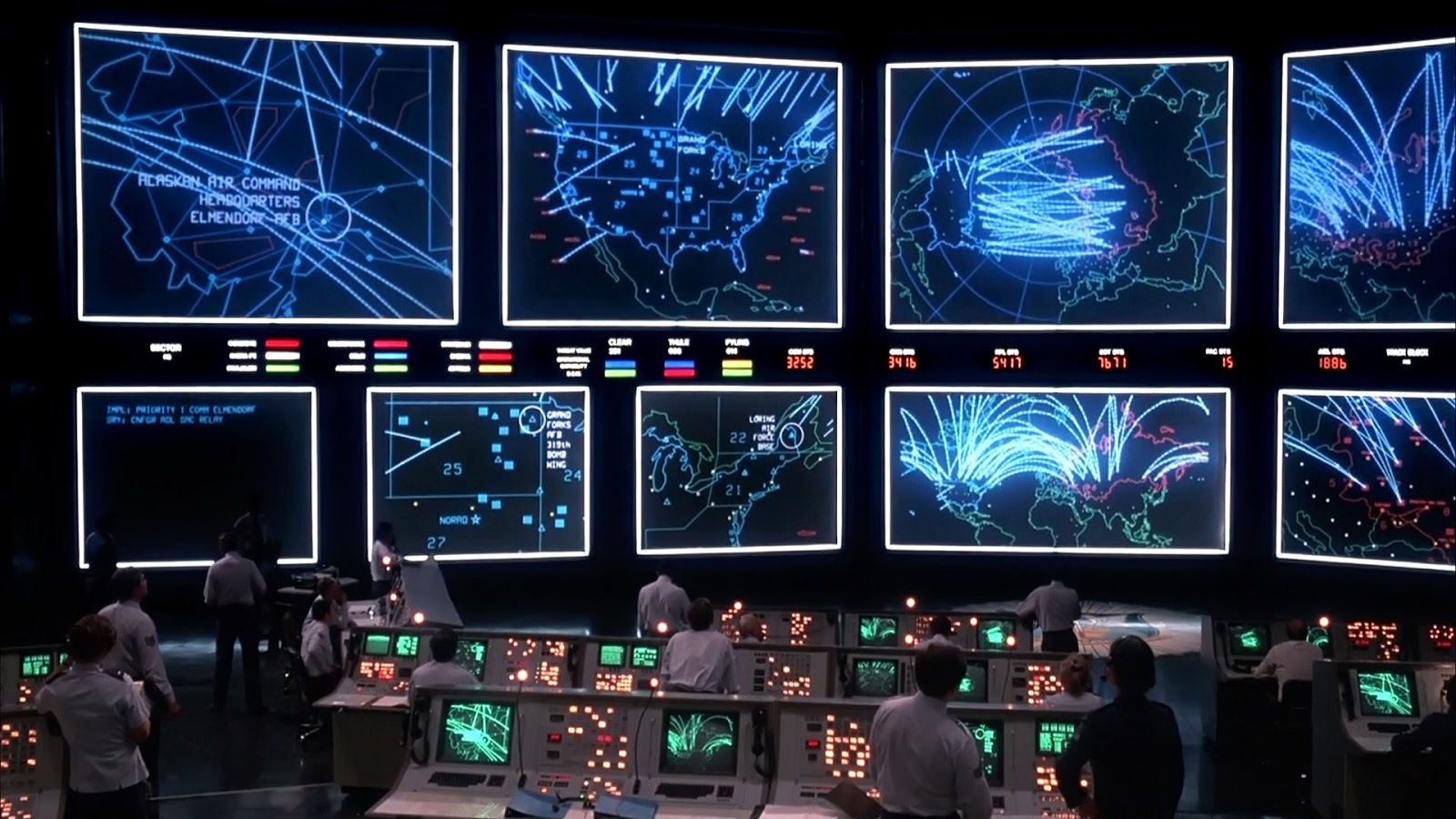The virtual seminar will be held from 12:30 to 2:00 p.m. (E.T.)
Recent advances in technology and artificial intelligence have led analysts to consider prospective impacts on nuclear deterrence and strategy. This includes speculation about novel capabilities rendering nuclear arsenals more visible and thus more vulnerable to attack. This presentation will argue that artificial intelligence is more useful for enhancing military deception than for improving situational awareness. If artificial intelligence serves to thicken the fog of war, it may have far-reaching implications, with states having less basis for mutual trust and understanding than they have today. These ideas draw on the 2023 book Deterrence under Uncertainty: Artificial Intelligence and Nuclear Warfare.
About the speaker: Edward Geist is a policy researcher at RAND. His research interests include Russia (primarily defense policy), civil defense, artificial intelligence, nuclear weapons, and the potential impact of emerging technologies on nuclear strategy. He was formerly a MacArthur Nuclear Security Fellow at Stanford's Center for International Security and Cooperation and a Stanton Nuclear Security Fellow at RAND. Geist received a PhD in history from the University of North Carolina in 2013.
